Household cleaning products can damage your health
By Louise Belle BHSc (Nut Med)
We are exposed to an overwhelming number of chemicals/ toxins every day which enter our body via ingestion, inhalation or absorption through the skin. We are further adding to this toxic burden through the regular use of cleaning products and detergents. The chemicals from these products enter the blood stream and require detoxification by the liver for removal. This places extra stress on the liver and supporting organs, to filter out the toxins. The majority of these toxins are fat-soluble and can be stored in fat or muscle tissue for years. The occasional exposure to these chemicals may not have a profound effect, however long-term repetitive exposure increases the risk of toxicity and adverse health outcomes. A medical colleague of Dr Sandra Cabot who specialised in autopsy, told her that the most common chemical toxin found in cadavers was detergent.
The average household will have approximately 250-300 chemicals in the form of cleaning products, garden products, handyman products or detergents. Some of these chemicals have such severe acute toxicity, they necessitate treatment in the emergency department for chemical burns or accidental ingestion. In Australia, there are poor government regulations to control which chemicals (or how many) are put into these products.
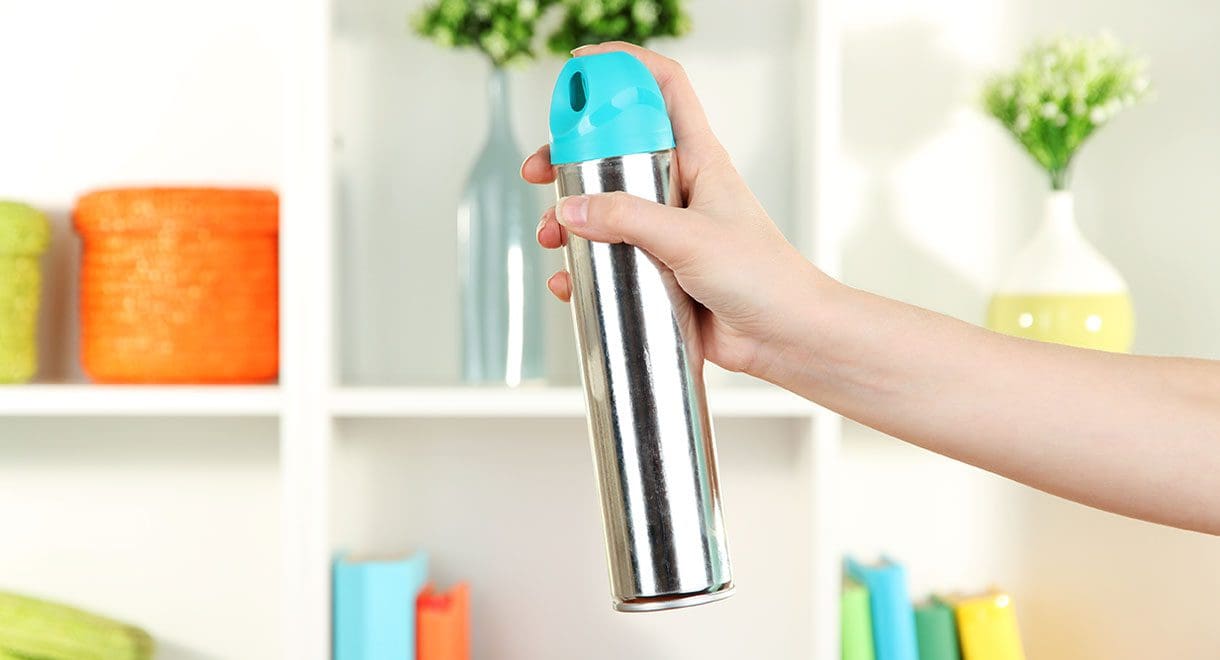

Side effects of cleaning products:
- Disinfectants: Often contain ethanol, formaldehyde, chlorine and ammonia and can cause organ damage and depression.
- Multipurpose cleaning products: Linked to dermatitis, rashes and chemical burns.
- Carpet cleaners: Can cause loss of appetite and dizziness in the short-term, and liver and central nervous system (CNS) damage in the long-term. Perchloroethylene, often found in carpet cleaners is a known human carcinogen.
- Air fresheners: Purposefully sprayed into a confined space, the aerosolised particles enter the blood stream quickly through the lungs, and can cause nerve deadening and release chemicals inside the body that can damage the heart muscle. They can also cause allergic lung reactions.
Side effects of detergents:
- Detergents dissolve fat and for this reason can be very harmful to the fatty parts of your body, such as your brain, endocrine glands and the fat that protects your organs. It is possible that long term chronic exposure to detergents can increase the risk of neuro-degenerative diseases (such as motor neurone disease, multiple sclerosis or dementia). You do not want detergents eating away at your fatty brain cells and nerves. Solvents and glues can also break down fatty tissues.
- Detergents will reside in clothes and bed linen after washing, causing your skin to be constantly exposed to these residues. This can lead to respiratory issues, skin rashes, sensitisation and inflammation.
- Detergents can break down into nonylphenol which is a xenoestrogen or ‘oestrogen-mimic’ that can disrupt the endocrine and reproductive systems. It is thought that this can increase the risk of oestrogen dependent cancers.
- Nitro musks: These chemicals found in detergents can accumulate in breast milk and be passed onto the infant.
- Benzene fumes: In liquid detergents, these are easily inhaled and can cause chronic effects on the central nervous system and mucous membranes of the cells.
- Xylene and n-undecane in dishwashing detergents have been shown to cause immune suppression in rats, and are easily inhaled from the steam rising from the sink. If you do not rinse your washed dishes thoroughly, you are getting a dose of these toxic detergents.
Case History
Dr Cabot saw a patient who complained of fatigue, fibromyalgia, headaches, weight gain and itchy skin. She’d previously been prescribed anti-inflammatory drugs and anti-histamines by other doctors and had no relief. After digging deeper, Dr Cabot learned that the 2 weeks prior to the onset of symptoms, the patient had sprayed her pantry with insecticide and wiped down every shelf and had not used any personal protection such as gloves or a mask. She had essentially poisoned herself and overloaded her liver with toxins. Dr Cabot prescribed her liver support supplements and discussed a therapeutic diet with her. Within 2 months, the patient was completely free of her symptoms.
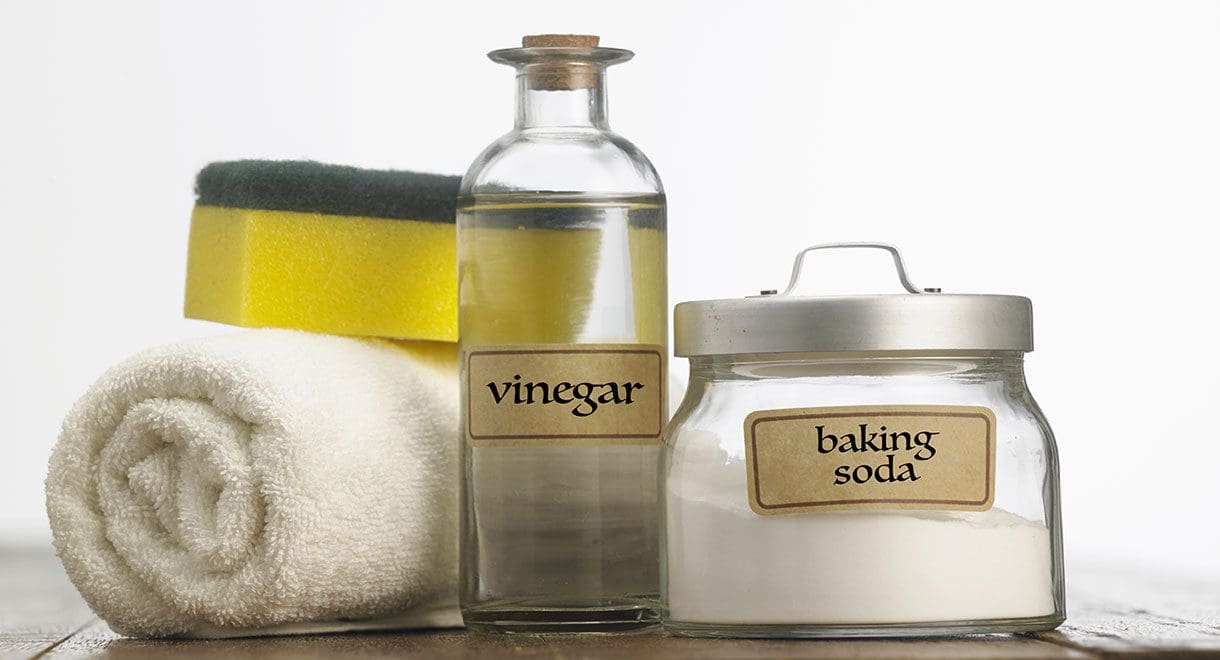

What can I do to protect myself?
Now that you are aware of all the harmful toxins in these products, it would be beneficial for you to reduce your use and exposure to them. There are alternative products that you can replace them with that will not pose the health risks associated with conventional products. You also have the option of making your own cleaning products using things like vinegar, bicarb soda, borax or lemon. This would be beneficial in terms of the low-cost price and not having to scrutinise labels to check for harmful chemicals.
If it’s not convenient to make your own cleaning products, there are companies that create natural, non-toxic cleaning products. For example, soap nuts or soap berries are dried berries that grow on a plant which contain a natural detergent that is anti-fungal and anti-bacterial. Free from harsh chemicals, these little berries clean your clothes without invading your body with toxins. Aim to purchase products that are chemical free, natural and biodegradable. These are easily available online or at health food shops.
As well as switching to chemical free products, it would be beneficial to work on improving your liver health. The detoxification pathways in the liver remove stored toxins from the body.
Some strategies include:
- Adopt a clean diet: Free from processed foods and refined sugars and low in alcohol and caffeinated beverages. Replacing these with good quality proteins and fats, fresh fruits and vegetables, raw juices and water. Organic produce is preferred, but if you cannot access these, then wash produce thoroughly to remove pesticides.
- Increase exercise: Exercise helps to strengthen detoxification pathways and improve overall health. Toxins can be excreted through sweat as you exercise.
- Protective gear: If you have to expose yourself to chemicals, then ensure you are wearing protective gear to minimise the harm. Put on a mask and gloves when using the product, avoid contact with the skin and have windows open if possible.
- Consider taking liver strengthening nutrients and herbs: Including B vitamins, glutamine, taurine, selenium, vitamin C, turmeric and St Mary’s thistle. A powerful liver tonic is essential for supporting your body in removing these excess toxins.
A message from The Mesothelioma Center –
My name is Cintia and I am part of the outreach department for The Mesothelioma Center.
Many common household cleaners contain chemicals that provoke or worsen asthma or COPD symptoms, making cleaning uncomfortable and potentially dangerous. We’ve put together a list of less harmful products to consider when you’re preparing to clean:
https://www.asbestos.com/mesothelioma/related-diseases/lung-safe-household-products/
We also consider our indoor air quality by using more eco-friendly products and lowering our risk of asbestos exposure which can be found in some houses, and in the long run, can affect the lungs developing Mesothelioma: https://www.asbestos.com/mesothelioma/.


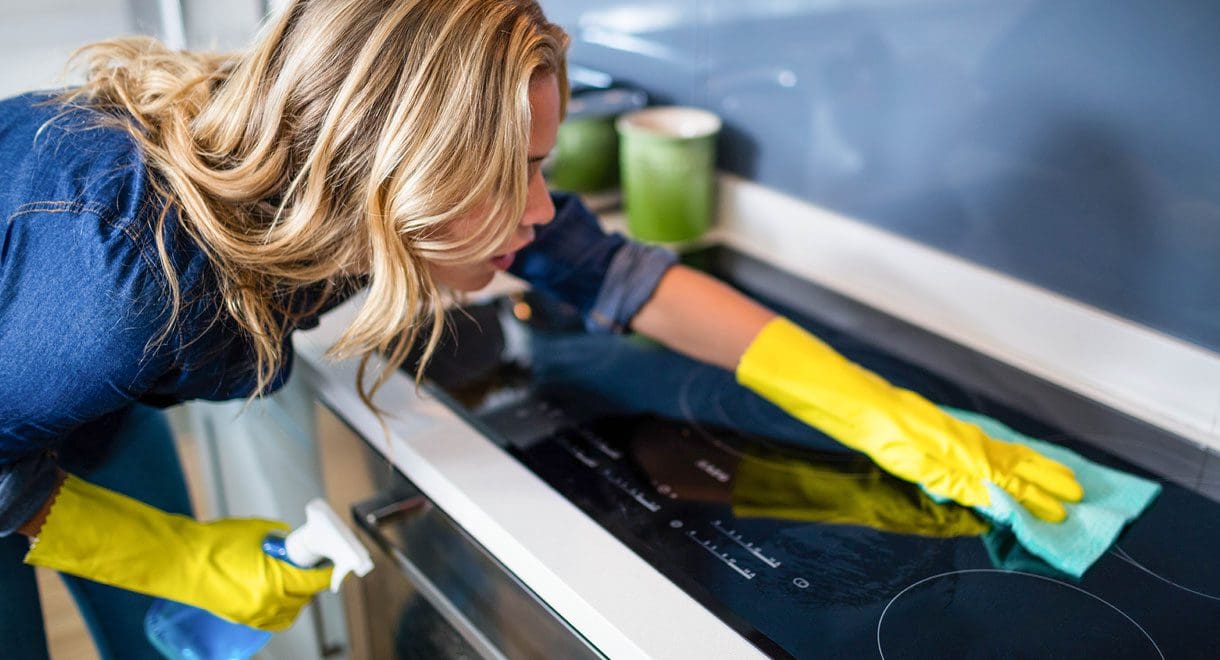



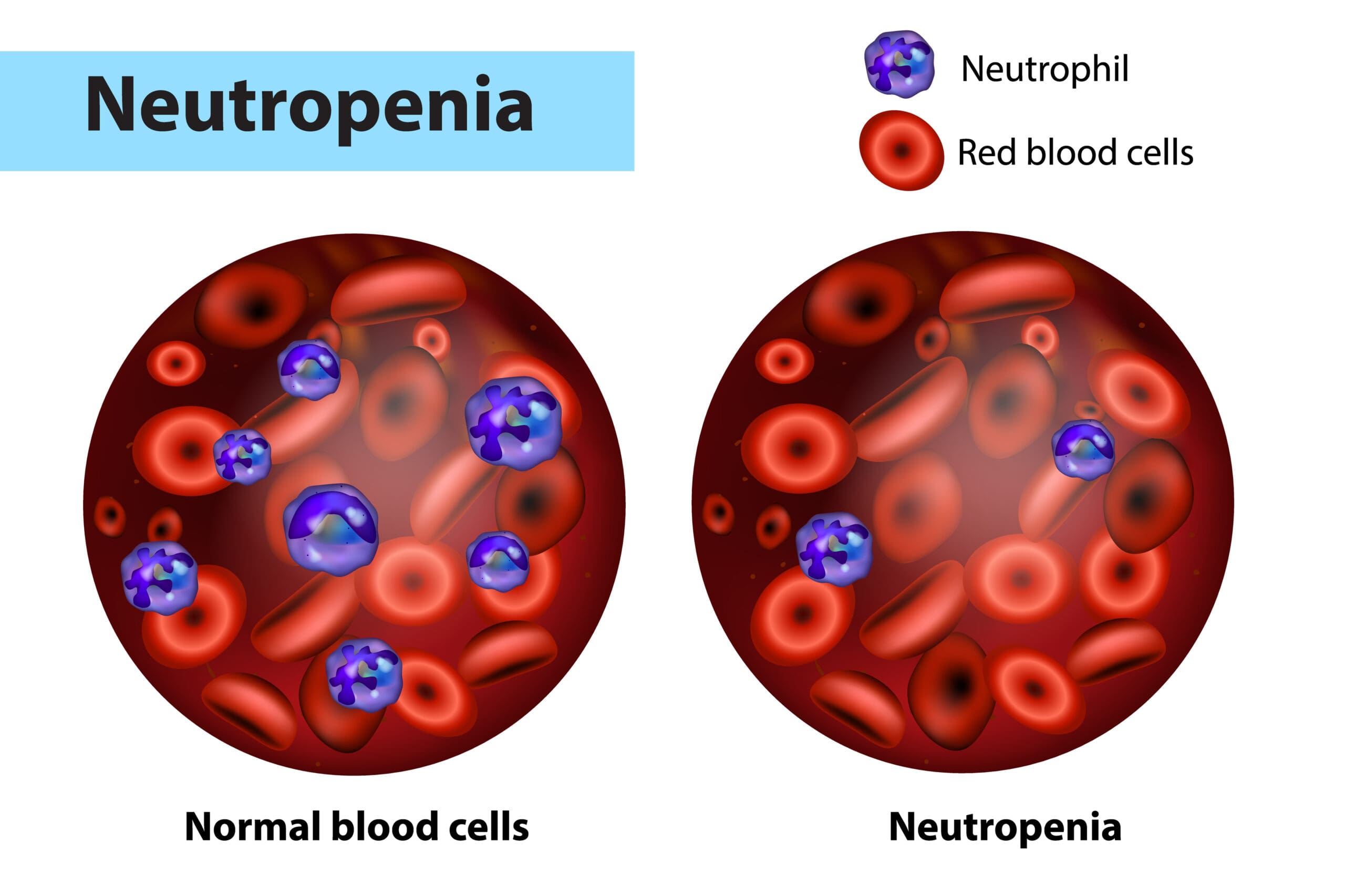
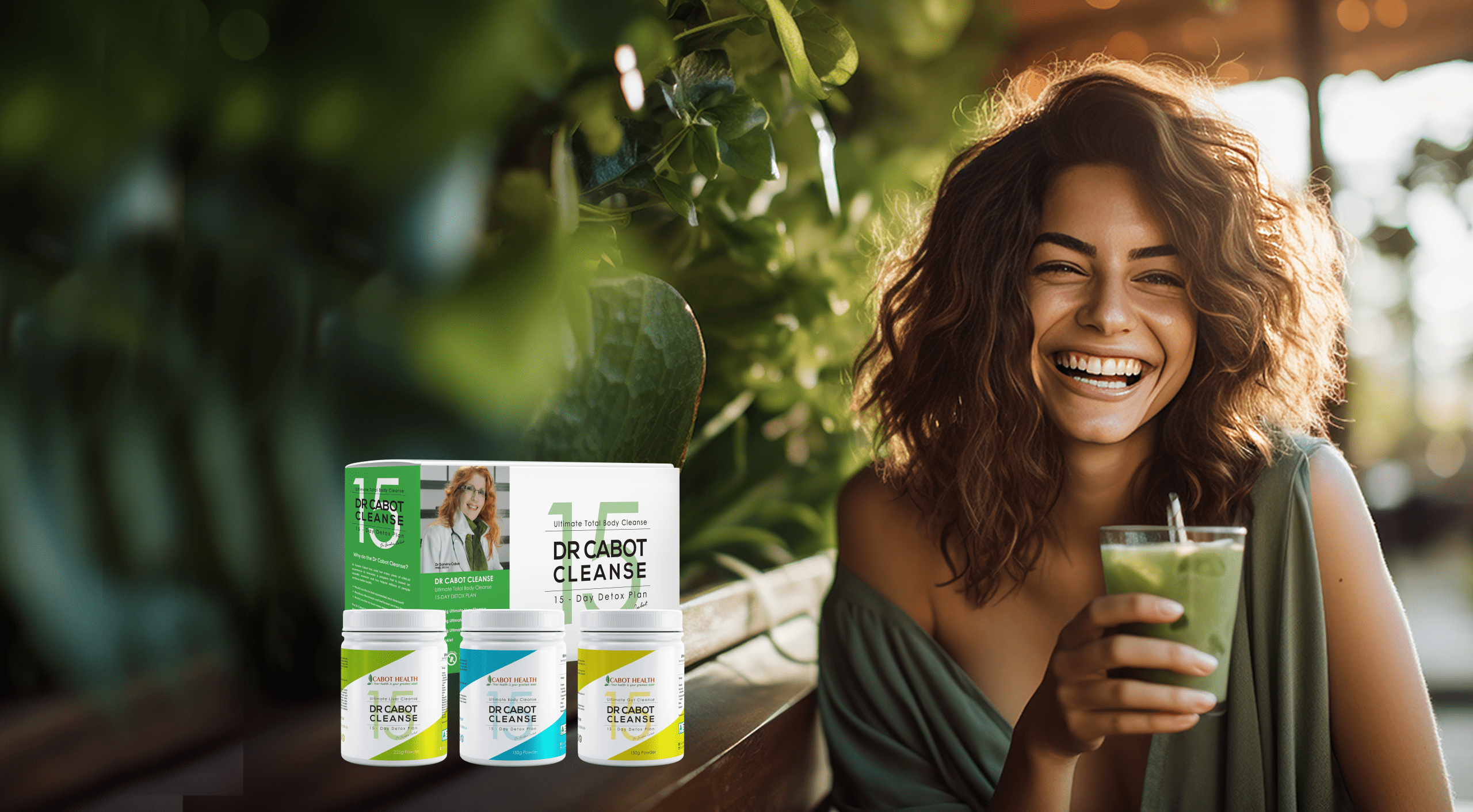
Leave A Comment